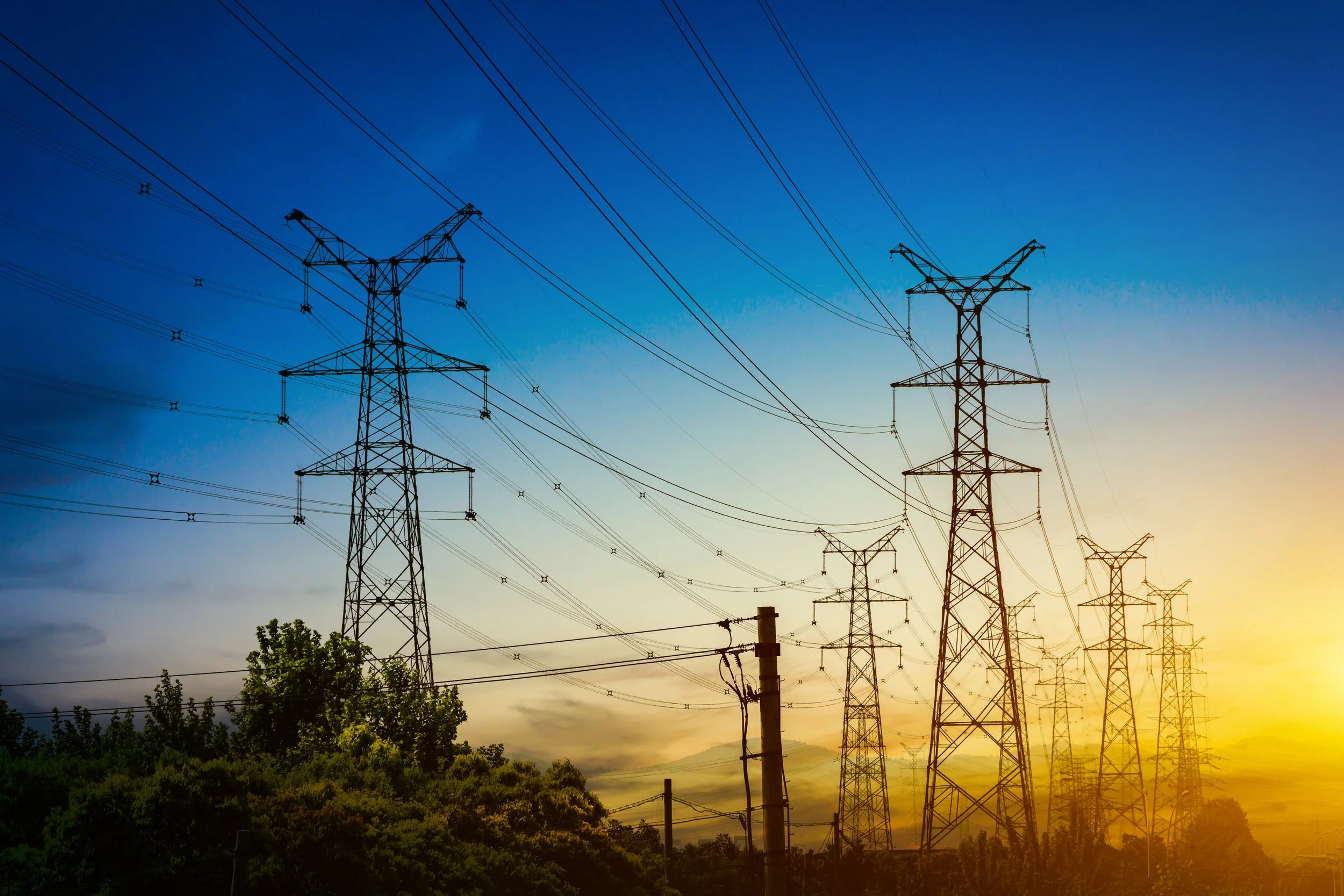Energy: Ethics and Compliance
From Oman’s ambitious green hydrogen auctions to AI-driven procurement in Albania, organised crime in Brazil’s fuel sector and opportunities in East Africa, energy is under unprecedented attention from regulators, law enforcement and civil society. As investors hurry to capitalise on these opportunities, they must ensure their compliance and governance structures are up to the task.
This edition highlights four developments our clients are watching closely — and how proactive intelligence can help leaders manage exposure while identifying opportunity:
1. Oman’s Green Hydrogen Auctions;
2. Albania’s AI Minister of Procurement;
3. Brazil’s ‘Hidden Carbon’ Investigation; and
4. Foreign Investment in East Africa’s Energy Sector.
We delve into each of these below.
Oman’s Green Hydrogen Auctions: Incentives Help, but Delivery Risks Loom
Oman has placed green hydrogen at the centre of its economic diversification drive. Since 2022, it has auctioned large tracts of desert land for projects combining renewable power, desalination, and hydrogen production. Rounds 1 and 2 concluded in 2023–2024. In Round 3, launched mid-2025, the government is offering a single block of up to 300 km² at Duqm, with developers required to commit to at least 100 km². The current pre-qualification stage runs until 31 October 2025, with shortlisted bidders invited to submit full bids in early 2026 and licence awards expected by mid-2026. Projects are intended to help Oman reach its target of producing 1 million tonnes of green hydrogen annually by 2030.
Two changes distinguish this round. First, new incentives such as lower land-lease fees and tax breaks designed to accelerate construction. Second, greater flexibility: developers can build in phases and sell unused renewable power into the national grid. These measures improve project economics but add complexity around compliance and oversight.
The key milestone remains the Final Investment Decision (FID), the point at which developers formally commit financing and begin construction. Oman’s incentives are tied to progress before this stage, which means any slippage in studies, financing or early works can see tax breaks and land discounts withdrawn. Local-content obligations also carry weight, with requirements around hiring Omani staff, using local suppliers, and supporting training and research programmes.
Further complications arise from revenue-sharing rules. The ability to sell surplus renewable electricity into the grid raises difficult questions about how revenues are divided between power and hydrogen operations, and whether government incentives apply to both. At the same time, consortium governance remains a central concern. Regulators are scrutinising the ownership, funding sources and real control of project companies, and mismatches with filed records risk derailing approvals.
In short, Oman is making its hydrogen auctions more attractive, but the rules are becoming more complex. Success will depend less on headline incentives and more on how well projects are structured, governed, and delivered against tight timelines.
Wallbrook supports energy investors and developers in assessing governance, transparency, and delivery risks across complex project structures in the Gulf.
Albania’s AI Minister of Procurement: Transparency or a New Risk?
Albania’s Prime Minister Edi Rama has announced that public procurement will now be overseen by an AI-generated bot named “Diella”. Developed in partnership with Microsoft, Diella was first unveiled in January 2025 as a virtual assistant for the government’s e-Albania platform. By September 2025, Rama presented Diella to his cabinet as a new “government minister” responsible for managing and awarding all public tenders.
Rama, re-elected for a fourth term in May 2025, has pledged to see Albania integrated into the EU by 2030. However, systemic corruption remains a major barrier. Public procurement has been at the heart of multiple high-profile corruption cases, with charges against senior officials.
Rama argues Diella will make procurement “100-percent corruption-free”, ensuring every public fund is transparently tendered. Yet critics highlight the lack of clarity on human oversight, legal responsibility for decisions, and the potential for manipulation. Paradoxically, the AI could become a tool to mask corruption under the guise of objective automation.
Wallbrook helps clients evaluate political and governance risks in emerging markets, including the integrity of digital reforms and AI-driven systems.
Brazil’s ‘Hidden Carbon’ Investigation: Organised Crime in the Fuel Sector
In late August 2025, Brazilian authorities launched “Hidden Carbon”, a large-scale investigation exposing deep links between organised crime and the country’s fuel distribution sector. Federal police raids across São Paulo and other states targeted companies allegedly tied to the Primeiro Comando da Capital (PCC), Brazil’s most powerful criminal organisation.
Authorities allege that the PCC and others laundered billions via illicit fuel distribution and sales, evading taxes and funnelling funds into the financial system. Between 2020 and 2024, an estimated USD 8.5 billion in illicit transactions were linked to these schemes.
Prominent companies have come under scrutiny, including asset managers and fintechs. Investigators claim Brazilian fund managers held interests in assets used in fraud and that illicit funds flowed through São Paulo’s financial district, implicating firms such as REAG Investimentos. More than 40 companies are under investigation.
The case underscores the sophistication of criminal activity in Brazil — and the ability of organised crime to infiltrate legitimate sectors. For companies active in fuel, finance, or related industries, robust and ongoing due diligence on counterparties is essential to avoid entanglement in money laundering and reputational risk.
Wallbrook conducts in-depth due diligence and market investigations in Brazil and Latin America, helping clients manage exposure to criminal infiltration and financial crime risks.
AFREC Backs Foreign Investment in East Africa’s Energy Sector
In September 2025, the African Energy Commission (AFREC), an agency of the African Union, launched its first oil and gas market study for East Africa at the Africa Oil Week in Accra. The report highlighted the region’s untapped potential within the African Continental Free Trade Area, which covers 55 member states and more than 1.3 billion people.
The study estimates that East Africa’s 16 constituent countries hold 4.7 billion barrels of oil reserves and over 70 trillion cubic feet of gas. Yet paradoxically, the region remains reliant on imports, with only 5% of petroleum demand met by local refining capacity. Tanzania and Rwanda are the only countries currently achieving gas self-sufficiency.
AFREC’s endorsement represents a significant signal of institutional support for foreign investment in upstream, midstream, and downstream development. But the report also underscores the importance of governance. Many East African regulators also act as concessionaires, creating conflicts of interest, while political exposure, corruption risks, and uneven oversight remain significant obstacles. For international investors, understanding these local compliance and political risks is as critical as the opportunity itself.
Wallbrook provides political and regulatory risk intelligence to help energy investors evaluate counterparties, compliance challenges, and governance structures across East Africa.
In Closing
Energy markets are evolving rapidly, with opportunities in renewables and hydrogen matched by growing integrity and compliance risks. From governance challenges in emerging technologies to organised crime in fuel markets, the landscape is becoming more complex. Wallbrook’s business intelligence practice helps operators, investors, and counterparties navigate these risks with confidence.
For further insights or to discuss how we can support your projects, please get in touch here...

